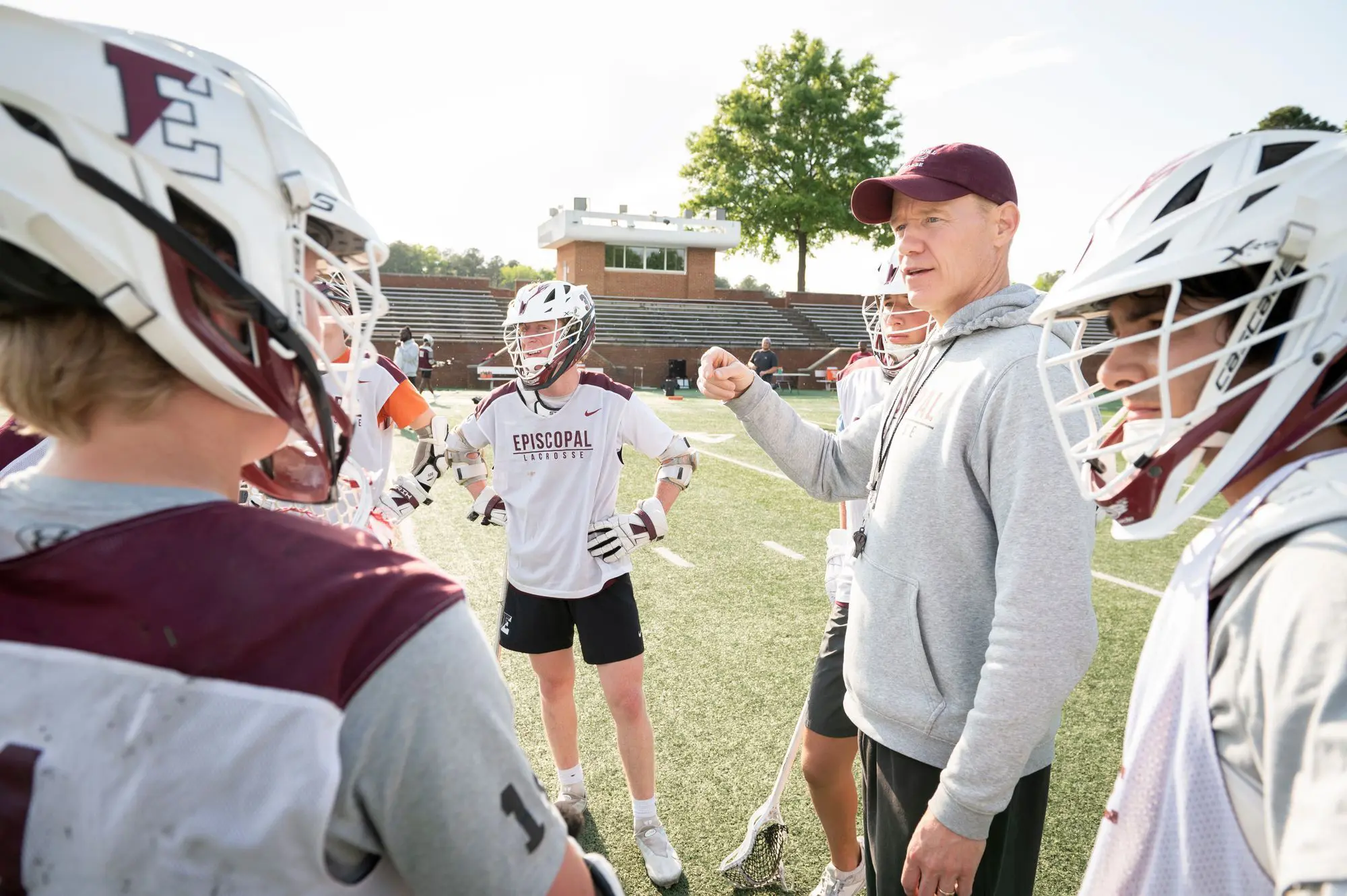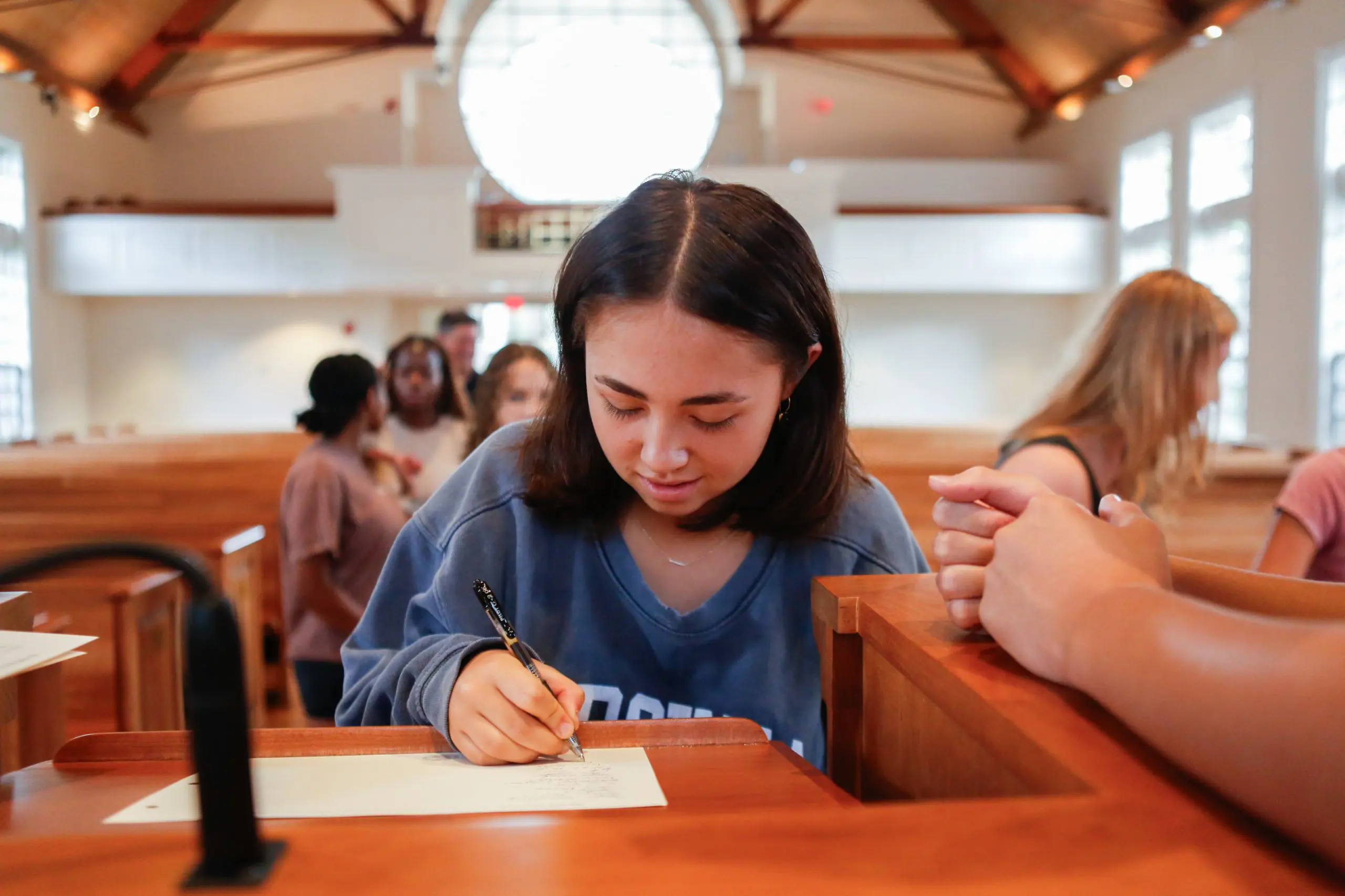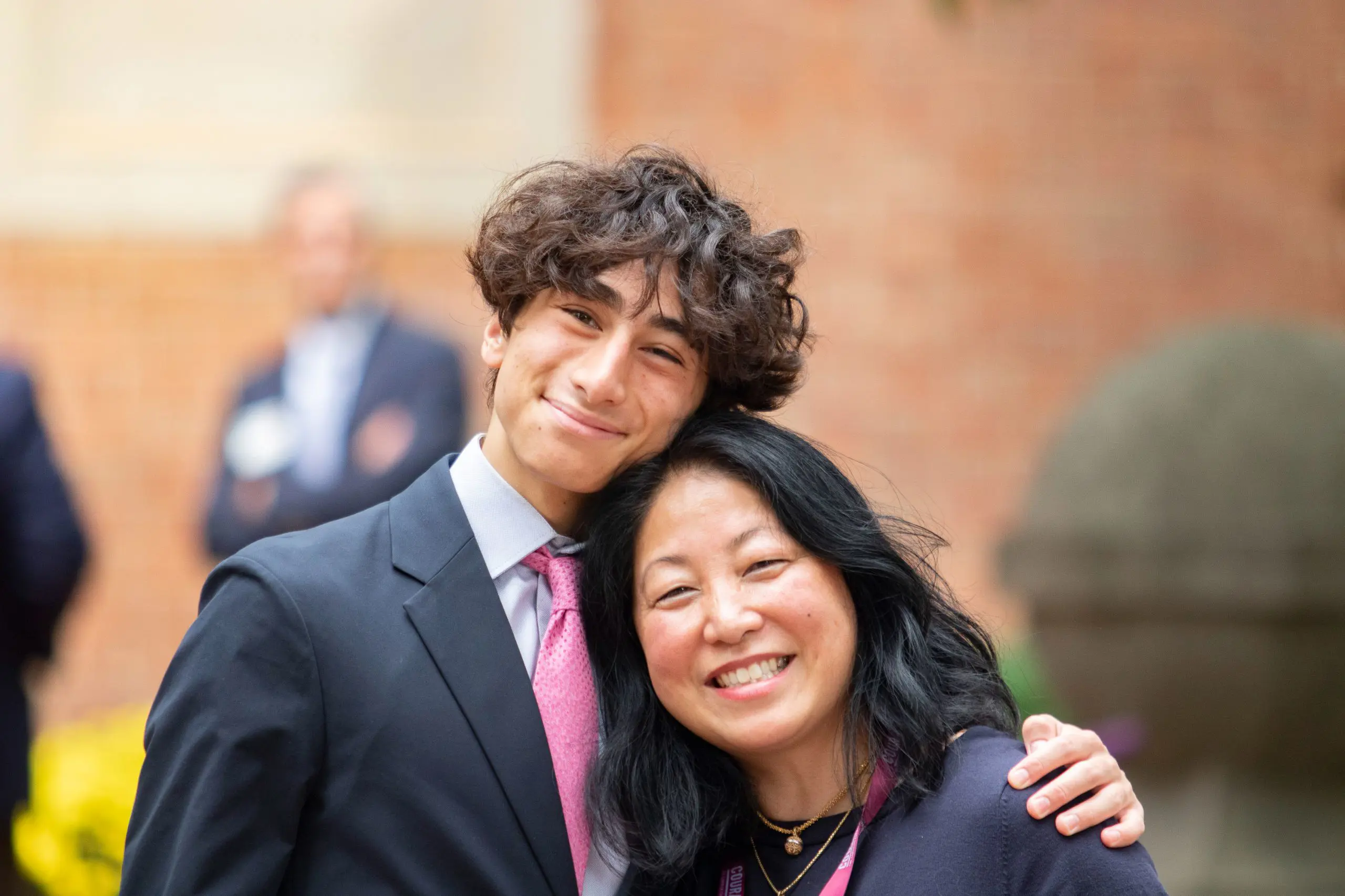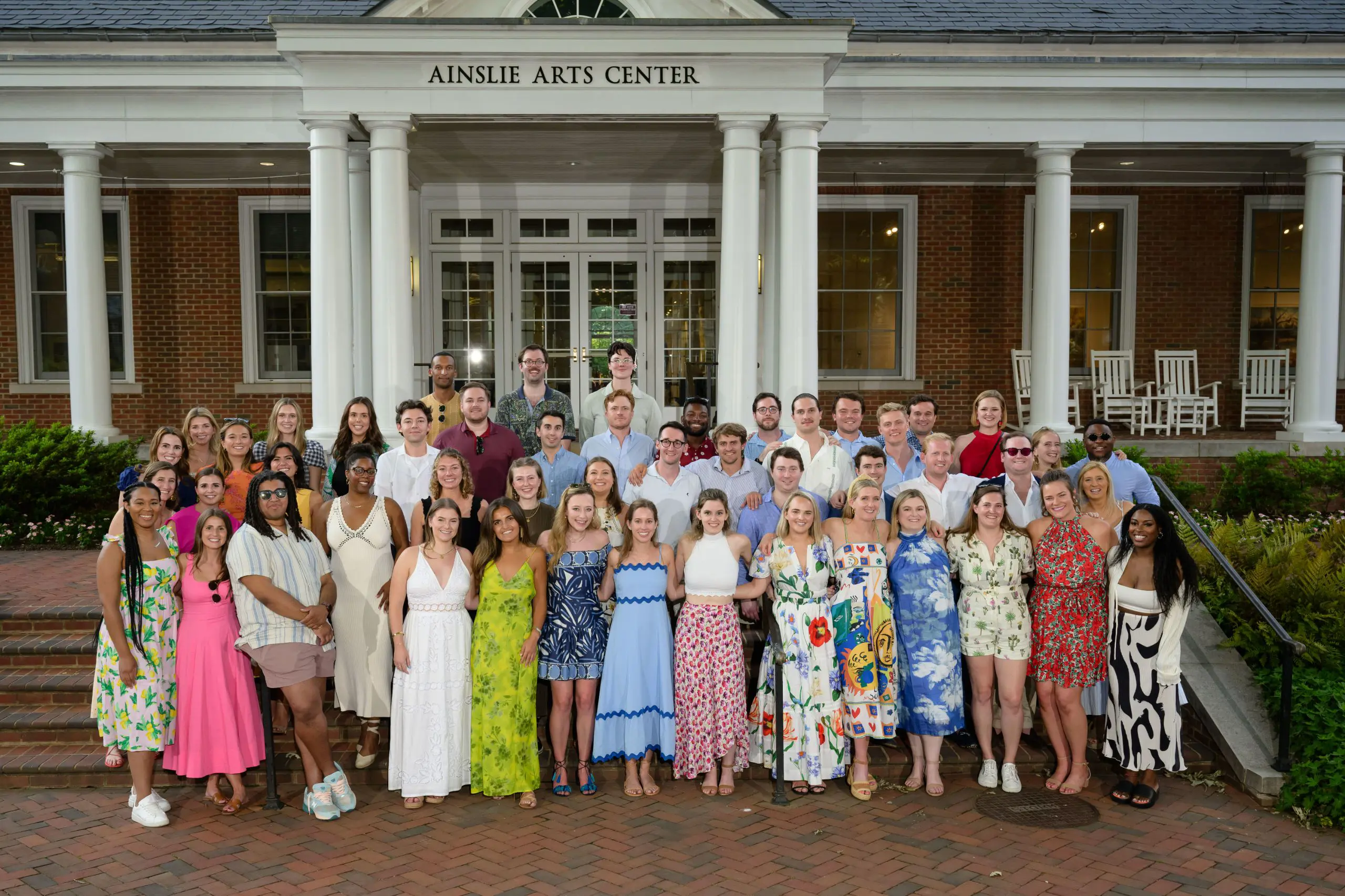05/30/2025
Growing up in Hilton Head Island, S.C., Dr. Ravenel Richardson ’99 always had an insatiable curiosity about the world beyond her small coastal hometown. “My earliest memories were of wanting to get out and be in a bigger city,” she recalled. That desire for a broader educational experience ultimately led her to Episcopal, where she found academic rigor and a foundation for lifelong learning and engagement with diverse perspectives. “I was always very independent,” she said, “and Episcopal gave me an education beyond just academics. It was about the world — living in a big city, being around different kinds of people. It was an education I needed.”
That education would go on to influence her work as a professor, researcher, and writer, particularly in Holocaust and genocide studies. Inspired by teachers like Dr. Bill Hannum and Gail and Perry Epes ’65, Richardson developed a passion for history and storytelling. “They were not just incredible teachers, but they also became lifelong mentors,” she said. “Episcopal set me on this path. It gave me so many tools, not just academically, but for how to move through the world.”
Her research uncovers and amplifies the voices of women who lived through wartime and genocide. Recently, she published “Mid-century Women’s Writing: Disrupting the Public/Private Divide” alongside two other women researchers. The book focuses on the rise of women in the public sphere during the Second World War. While traditional studies have claimed women retreated back to the home from the public sphere in the 1950s, this collection demonstrates that women continued to work and write in the political sphere throughout the late 1940s and 1950s.
Richardson also shared feeling particularly passionate about a book chapter she recently published in “(Re)writing War in Contemporary Literature and Culture.” This chapter examines the diary ofRenata Laqueur, a Dutch Holocaust survivor whose diary of internment in the concentration camp of Bergen-Belsen was repeatedly rejected by American publishers for “not being violent or sensational enough,” according to Richardson.“ Richardson is currently finishing her next book, “Trauma in Representation in Women’s Diaries of the Second World War,” which is focused on other women’s diaries of occupation and internment. “Being able to finally bring Renata’s words to a broader audience was why I do what I do.”
Richardson lectured at Case Western Reserve University (CWRU) for a decade, teaching courses on women’s personal narratives and traumas during wartime and genocide. “I found great value in teaching war and genocide studies. It was difficult, but it was always relevant.” She has moved into research and development at CWRU and is completing her master’s in public administration at American University.











